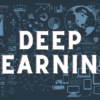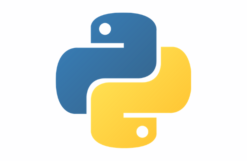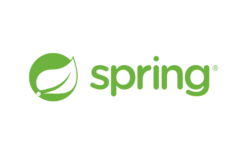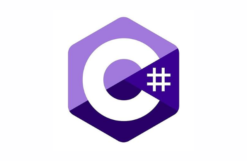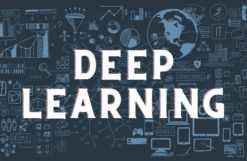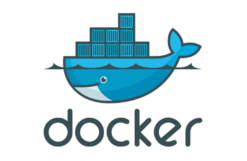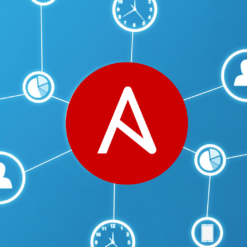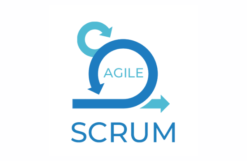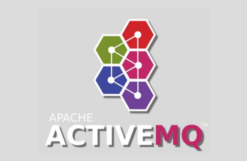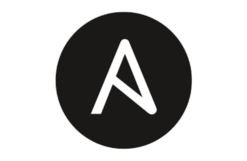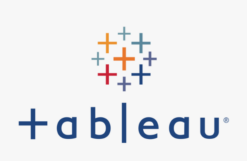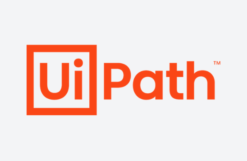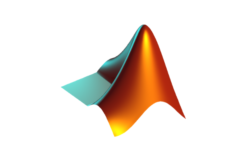Initial Assessment: Participant’s Background
Assessment to understand the participant’s background to suit the course content. This assessment includes familiarity with AI concepts, programming language proficiency, and the frameworks of machine learnings.
Day 1 – AM
| Topic | Content | Schedule |
General Introduction |
Course Expectancy Survey |
08:00 AM – 08:30 AM |
|
Artificial Intelligence |
Artificial Intelligence Applications |
08:31 AM – 09:30 AM |
| Break 10 mins | ||
Artificial Intelligence Fundamentals |
|
09:41 AM – 11:40 AM |
Artificial Intelligence Fundamentals |
AI Fundamentals Recap & Summary |
11:41 AM – 12:00 PM |
| Lunch Break 1 hour (60 mins) | ||
Day 1 – PM
| Topic | Content | Schedule |
Machine Learning |
|
01:00 PM – 01:30 PM |
Machine Learning Supervised Model Classification |
|
01:31 PM – 04:30 PM |
| Break 10 mins | ||
Machine Learning Supervised Model Classification |
|
04:41 PM – 05:00 PM |
Machine Learning Supervised Model Classification |
ML Supervised Model – Classification Part 1 Recap + Take Home Exercise + End-of-day Survey |
05:01 PM – 05:30 PM |
Day 2 – AM
| Topic | Content | Schedule |
Machine Learning Supervised Model Classification |
|
08:00 AM – 09:00 AM |
Machine Learning Supervised Model Classification |
|
09:01 AM – 09:30 AM |
| Break 10 mins | ||
Machine Learning Supervised Model Classification |
|
09:41 AM – 10:30 PM |
Machine Learning Supervised Model Classification |
|
10:31 AM – 12:00 PM |
| Lunch Break 1 hour (60 mins) | ||
Day 2 – PM
| Topic | Content | Schedule |
Machine Learning Supervised Model Regression |
|
01:00 PM – 02:00 PM |
Machine Learning Supervised Model Regression |
|
02:00 PM – 04:00 PM |
| Break 10 mins | ||
Machine Learning Supervised Model Regression |
|
04:00 PM – 04:30 PM |
Machine Learning Supervised Model Regression |
ML Supervised Model – Regression Recap + Take Home Exercise + End-of-day Survey |
04:31 AM – 05:15 PM |
Day 3 – AM
| Topic | Content | Schedule |
Machine Learning Supervised Model Regression |
|
08:00 AM – 09:00 AM |
Machine Learning Unsupervised Model Clustering |
|
09:01 AM – 10:00 AM |
| Break 10 mins | ||
Machine Learning Unsupervised Model Clustering |
|
10:01 AM – 11:30 AM |
|
Machine Learning Unsupervised Model Clustering |
|
11:31 AM – 12:00 PM |
| Lunch Break 1 hour (60 mins) | ||
Day 3 – PM
| Topic | Content | Schedule |
Deep Learning |
|
01:00 PM – 01:30 PM |
Deep Learning |
|
01:31 PM – 02:00 PM |
| Break 10 mins | ||
Deep Learning |
|
02:11 PM – 03:00 PM |
|
|
|
03:01 AM – 05:00 PM |
| Closing |
|
05:01 AM – 05:30 PM |
Requirements
Please install the following tools and libraries before the training day.
Toolkit:
- Anaconda (https://www.anaconda.com/download)
- Jupyter (https://test-jupyter.readthedocs.io/en/latest/install.html)
- Python (https://test-jupyter.readthedocs.io/en/latest/install.html) – from Anaconda
- Visual Code Studio (https://code.visualstudio.com/download)
- Postman (https://www.postman.com/downloads/)
Libraries (run in the terminal):
- Pandas: pip3 Install pandas
- Numpy: pip3 install numpy
- Scikit-leatnL pip3 Install scikit-learn
- Matplotlib: pip3 Install matplotlib
- Flask: pip3 Install Flask
- Pickle: pip3 Install pickle5
- Tensorflow (will be instakked during class)
- Keras (will be installed during class)
- PyTorch (will be installed during class)
Account (For Deep Learning):
- Google Colab

